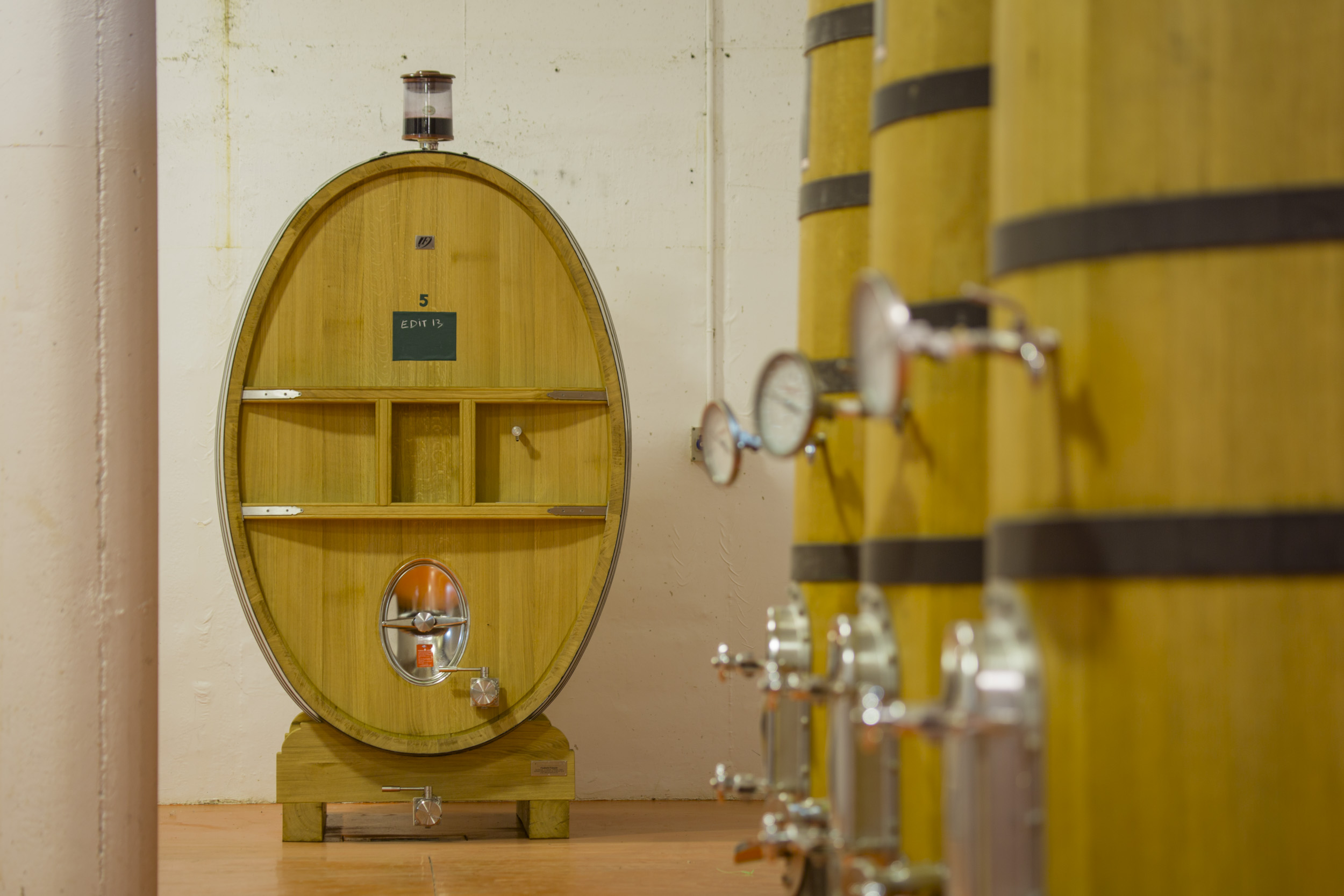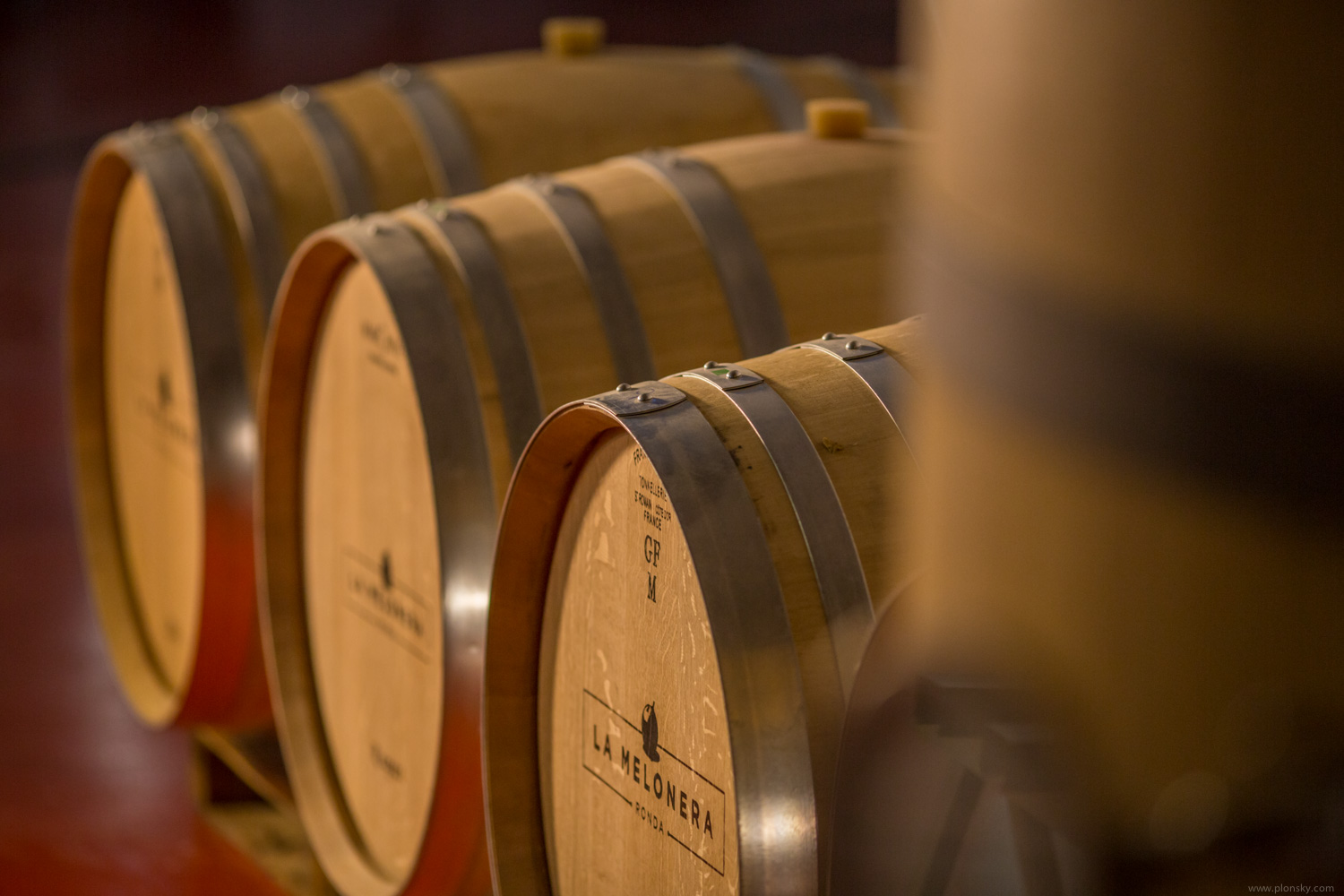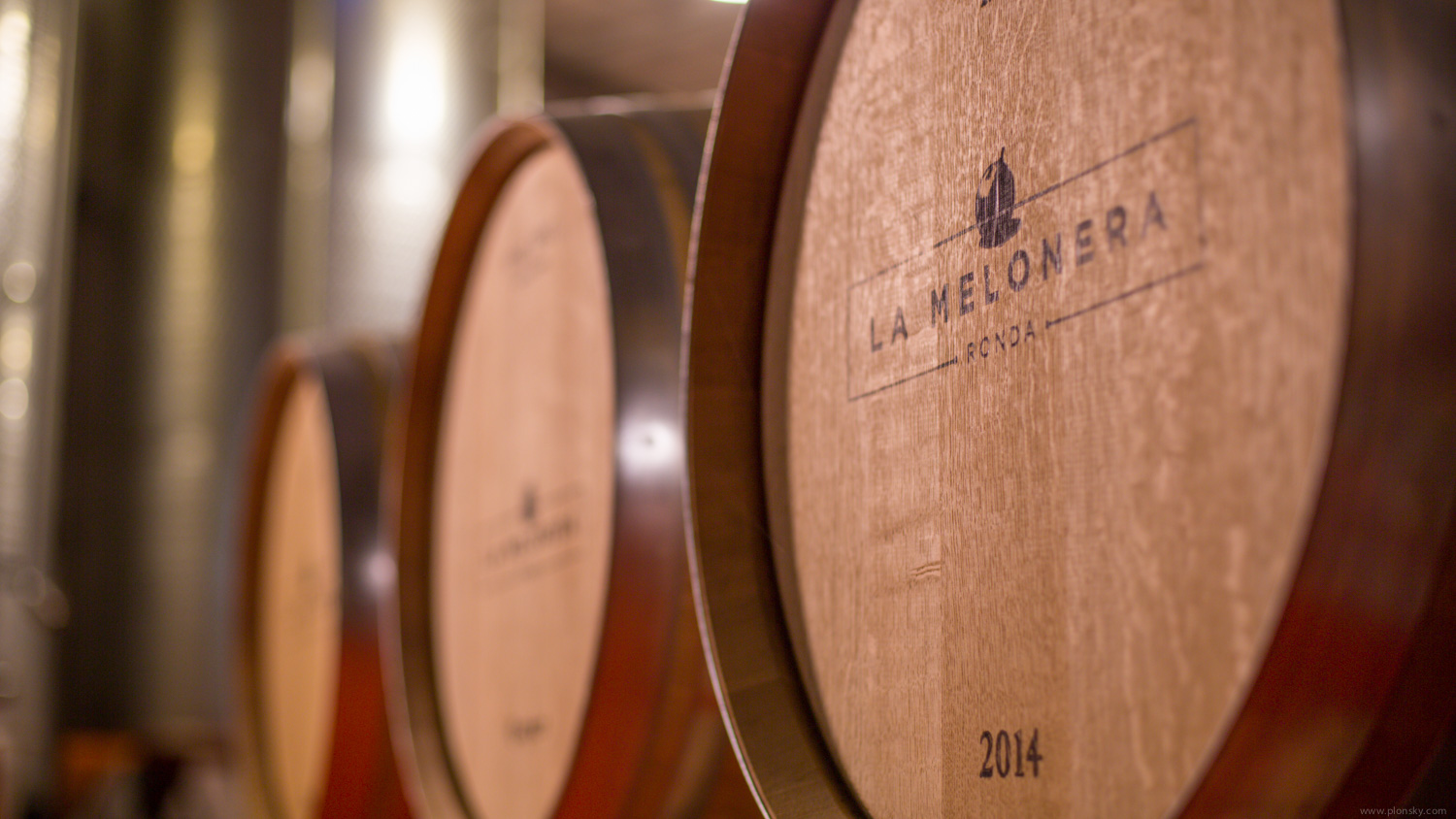This is how the love story between wine and oak casks began.
All experts are in agreement here – wood is the go-to material of choice for ageing wine. Back in the day, goatskin flasks or clay amphorae were the storage medium of choice for carrying wine, until they discovered that wooden barrels were a more suited option to transport wine over long distances.

After testing different wood species—chestnut, cherry, oak, or acacia wood—they realised that oak was the preferred option since it most respected the quality of wine and imparted it pleasant qualities.
Size also does matter. Medium-sized casks are ideal as they allow a perfect balance in the exchange of nuances between wine and wood. As for the type of oak, it should be noted that there are several varieties, among which Spanish, French, or American. Another significant aspect is age – the younger the wood, the more aromatic components it will impart. One final key aspect regarding cask maintenance is to keep it nearly always full throughout its lifetime.
How Do Oak Casks Affect The Ageing Process Of Wine?
As for wine ageing, aside from imparting new, pleasant qualities to the wine, oak casks are great for two main reasons:
1 – Clarification
Clarification of wine in winemaking is a process that involves removing insoluble and suspended materials that may cause a wine to become cloudy, gassy, form unwanted sediment deposit or tartaric crystals, deteriorate quicker or develop assorted wine faults due to physical, chemical or microbiological instability. Following the completion of fermentation, wines inside the casks that lay undisturbed will start to clarify on their own.
2 – Micro-oxygenation
Micro-oxygenation is the process of deliberately introducing minute, measured amounts of oxygen into wines, with the aim of bringing about desirable changes in colour, aroma and texture. Allowing incredibly small bubbles of air to pass through the pours of the barrel helps with many of the chemical process going on inside the cask.
Other benefits from the use of oak barrels include wine resistance, flavour and aroma. Ageing wine in oak causes constant chemical changes in the composition of the wine – which is a good thing. Not only because its structure becomes more complex as the harder tannins soften, but because wines take on subtle flavours and aromas from oak wood.
Keeping wine in oak casks gives cinnamon, vanilla or caramel-like character. In addition, it enriches the wine with fine and delicate hints, and imparts a more rounded flavour. In short, oak wood lends new aromatic, flavourful and tactile nuances to the wine.

How To Maintain Oak Casks
Just a word of advice – never keep a barrel empty. The reason being that when full, the wood swells up and—with its tight grain—seals up, thus offering a waterproof storage medium and allowing the chemical processes to go on inside the cask.
When the cask is emptied, it must be rinsed with water and disinfected with sulphur dioxide. Although this is the most common way, it must be noted that there are other equally valid techniques.
Casks can be given a second life, so there is no problem in re-using a barrel as it will impart qualities similar to those of a new oak cask.




